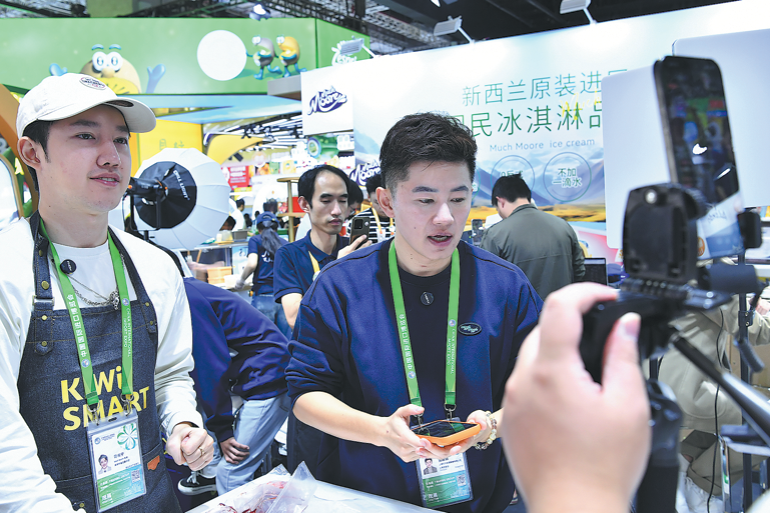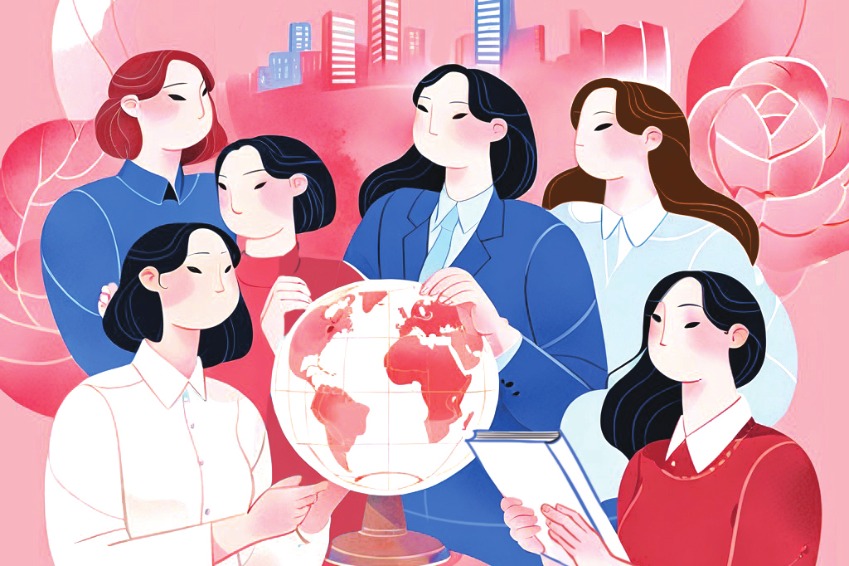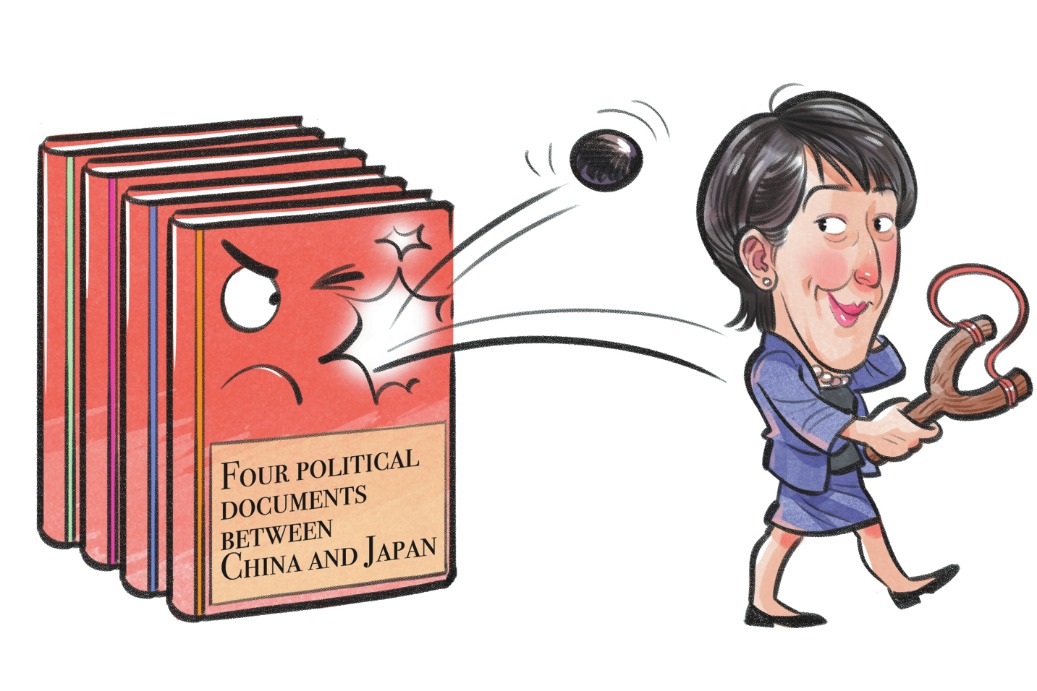Building a digital world where every girl is safe


Nov 25 is International Day for the Elimination of Violence against Women and the start of 16 Days of Activism against Gender-based Violence. Ensuring that women and girls live free from violence is essential to their well-being and vital to progress in society. Globally, however, many face significant risks: nearly one in three women experiences physical or sexual violence during her lifetime. For many, this begins early: More than 23 percent of adolescent girls aged 15-19 report experiencing violence. The harm is profound for survivors, and it reverberates across families, communities, and societies.
Launched over three decades ago by women's rights advocates, the 16 Days of Activism campaign has become a global moment for solidarity and action — mobilizing governments, civil society, communities, and the United Nations to raise awareness, support survivors, and drive change. This year's theme underscores the urgency of addressing escalating harm in digital spaces.
Today's adolescents are growing up in a world where friendship, learning and self-expression increasingly take place online. Yet as girls enter adolescence, social pressures, judgement and restrictions often intensify. As they seek greater independence, they also encounter heightened risks including harassment, violence, and exploitation.
The threats girls face online are widespread and troubling. Globally, 58 percent of girls and young women report experiencing harassment on social platforms, and most say their first experience occurred between ages 14 and 16. This harassment often includes sexual content and threats.
New technologies are deepening these risks. Deepfakes and manipulated images can shatter a girl's sense of privacy and security and are increasingly used for sexual abuse. AI-based chat apps that imitate friendship can pull adolescents away from real-world connections and leave them more vulnerable to manipulation and grooming. At the same time, algorithms that shape what users see online can amplify harmful stereotypes, promote gender-biased content, or suppress accurate information about women's health. Girls who already experience discrimination — because of disability, ethnicity, poverty, or other factors — are often targeted more frequently and more aggressively.
UNFPA, UNICEF and Save the Children examined these dynamics in our recent global report "Technology-Facilitated Gender-Based Violence: Considerations Across the Life Course". This report makes one point clear: digital violence is part of the wider pattern of gender-based violence that affects women and girls throughout their lives.
Responding to gender-based violence requires action across several areas, grounded in young people's lived experiences. This includes: supporting families and schools to help adolescents develop digital literacy including safety, respectful relationships, and critical thinking; encouraging technology companies to design products that do not enable the spread of misogyny or harmful content and that include safety-by-design principles; strengthening services that are confidential, trauma-informed and suited to adolescents' developmental needs; ensuring laws and policies address all risks, keep pace with technological change and uphold the rights of survivors; and improving research to understand how risks evolve and intersect with age, gender and other factors.
Efforts to address digital violence are advancing in many countries. In China, national institutions are prioritizing protection for women and girls, including online. At the Global Leaders' Meeting on Women, led by China and UN Women in October 2025, President Xi Jinping called for resolutely cracking down on all forms of violence against women. UNFPA, UNICEF and other UN agencies are supporting government efforts to strengthen legal frameworks, improve services, promote digital literacy among children and integrate online safety into child protection and gender-based violence systems. We are also engaging technology companies to develop safe products, adopt responsible practices and undertake research to better understand emerging risks.
These efforts matter because the goal is not only to prevent harm, but also to ensure that all children and young people can participate fully in digital life. Girls deserve to be safe online. Their ideas, creativity and leadership enrich the digital world and contribute to more inclusive and innovative societies. Creating digital spaces that broaden their opportunities is a shared responsibility across families, schools, communities, policymakers and technology companies. When we all work together, digital platforms can become safe spaces for girls to grow, lead and thrive.
As we observe 16 Days of Activism, one truth stands out: If digital spaces fail to protect girls, they fail all of us. We must unite to build a future where every girl can flourish safely, both online and offline.
Nadia Rasheed is UNFPA Representative to China, and Amakobe Sande is UNICEF Representative to China.
The views don't necessarily represent those of China Daily.
If you have a specific expertise, or would like to share your thought about our stories, then send us your writings at opinion@chinadaily.com.cn, and comment@chinadaily.com.cn.

































